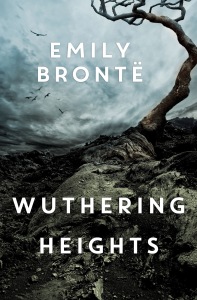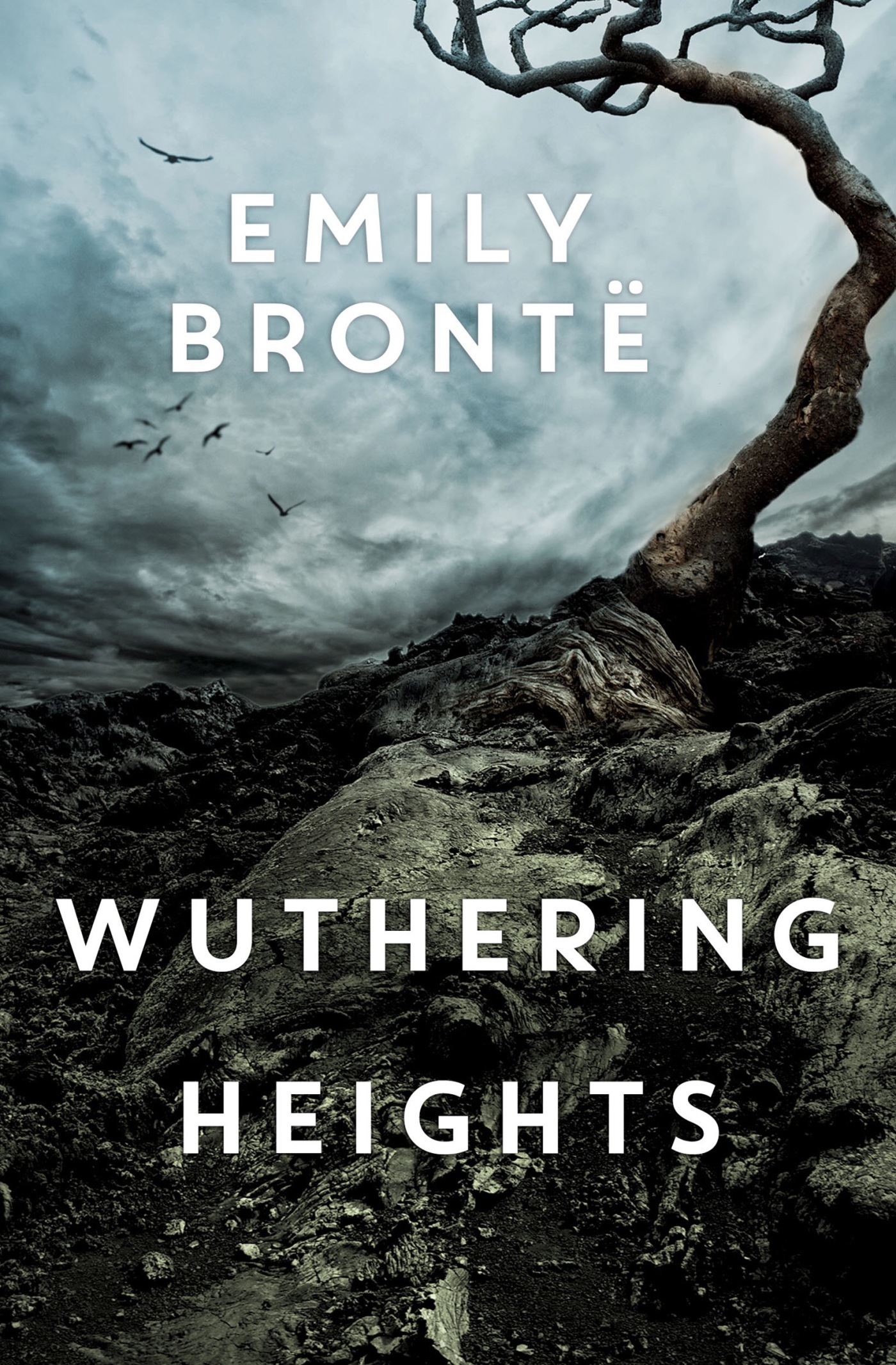 I found this classic novel very interesting, the characters were well described and their backgrounds explained in much depth, giving them a sense of reality, as though we are reading about the lives of real people. The book is told from the perspective of Mr Lockwood, who is recounting his many conversations with housekeeper Nelly Dean about the past. It reflects many social issues of the Victorian period through characters such as Hareton, his education was neglected during his childhood and so resulted in his illiteracy. Despite his lack of education, he still tries to better himself by learning from second hand books, however Cathy ruthlessly mocks him for his lack of academic ability and so he throws the books on the fire. This act shows his abandonment of his dream to better himself and his acceptance of his uneducated lifestyle, whilst he longs to improve himself, he feels there is no hope and so gives up, this could be representative of the lack of social mobility during Victorian times. Another idea explored in Bronte’s ‘Wuthering Heights’, is the roles and treatment of women during the Victorian period, both the ‘old’ Catherine and her daughter Cathy are portrayed as independent and free spirited, however in both cases, their outgoing personalities are shaped into the stereotypical ‘ladylike’ expectation of the time. This could further reflect on Bronte’s own life, she published her works under the name ‘Ellis Bell’ as it was not socially acceptable for women to be anything other than wives and mothers, her work would have most certainly been criticised due to her gender. Therefore, like that of her characters, Bronte’s talents were shaped by social expectations and restrictions placed on women. Overall, I feel that this novel explores much deeper meaning through it’s use of characterisation and plotline and reflects many social ideas of the Victorian literary period.
I found this classic novel very interesting, the characters were well described and their backgrounds explained in much depth, giving them a sense of reality, as though we are reading about the lives of real people. The book is told from the perspective of Mr Lockwood, who is recounting his many conversations with housekeeper Nelly Dean about the past. It reflects many social issues of the Victorian period through characters such as Hareton, his education was neglected during his childhood and so resulted in his illiteracy. Despite his lack of education, he still tries to better himself by learning from second hand books, however Cathy ruthlessly mocks him for his lack of academic ability and so he throws the books on the fire. This act shows his abandonment of his dream to better himself and his acceptance of his uneducated lifestyle, whilst he longs to improve himself, he feels there is no hope and so gives up, this could be representative of the lack of social mobility during Victorian times. Another idea explored in Bronte’s ‘Wuthering Heights’, is the roles and treatment of women during the Victorian period, both the ‘old’ Catherine and her daughter Cathy are portrayed as independent and free spirited, however in both cases, their outgoing personalities are shaped into the stereotypical ‘ladylike’ expectation of the time. This could further reflect on Bronte’s own life, she published her works under the name ‘Ellis Bell’ as it was not socially acceptable for women to be anything other than wives and mothers, her work would have most certainly been criticised due to her gender. Therefore, like that of her characters, Bronte’s talents were shaped by social expectations and restrictions placed on women. Overall, I feel that this novel explores much deeper meaning through it’s use of characterisation and plotline and reflects many social ideas of the Victorian literary period.
Wuthering Heights – Emily Bronte

What about Heathcliff? Is he a Byronic hero, ‘the other’, the villain …?
LikeLike
Yes! I’d definitely agree that whilst we root for Heathcliff at the beginning, his ‘otherness’ leads him to portray villainous behaviour, he is the perfect example of Byronic hero.
LikeLike
So if his ‘otherness’ makes him marginalised and his actions are a product of the treatment he receives, is he also a victim?
LikeLike
I liked Heathcliff throughout, almost as if everything he did wrong, he didn’t mean. I think he has just grown bitter and learned to resent those that treat him as the ‘other’, therefore I do believe he is a victim of the society he lives in. Could Bronte be subtly questioning the society of the time, criticising the treatment of the lower classes?
LikeLike
🙂
LikeLike